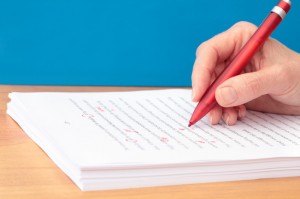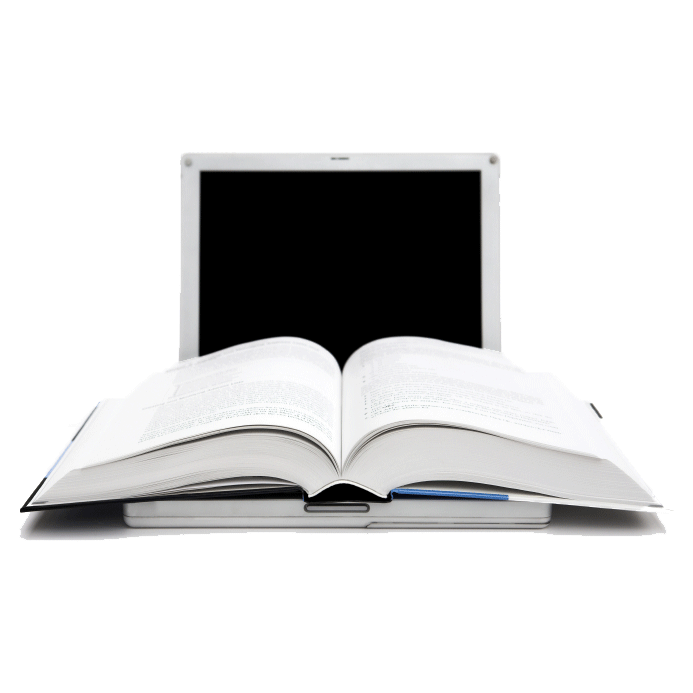 I am 2 months into my dissertation-to-book revision and I am finally gaining some momentum.
What has changed?
I am 2 months into my dissertation-to-book revision and I am finally gaining some momentum.
What has changed?
I took a 10-day vacation from my books.
Confession
I love research and reading and I tend to overdo both.
I have spent the last 2 months reading about Henry Hudson, Native American peoples of the Hudson Valley, the Dutch East and West India Companies, and the ethnic diversity of New Netherland.
I still might be reading about these topics if I hadn’t been forced to leave my books behind between April 11 and 21, 2014, when I went to Dublin and London.
 10 Days Without Books
10 Days Without Books
Okay, so I didn’t leave all of my books behind. I took Daniel Richter’s [simpleazon-link asin="B00CC66GA8" locale="us"]Trade, Land, Power[/simpleazon-link] and Charles R. Boxer’s [simpleazon-link asin="0090744608" locale="us"]The Dutch Seaborne Empire: 1600-1800[/simpleazon-link] to read on the airplane. (Incidentally, if you have access to the Project Muse database, you can download Richter’s book for free.)
Instead of books, I took my laptop and printouts of all my book and article summaries.
When Tim and I arrived in Dublin, we spent the weekend adjusting our sleep schedule to Irish Standard Time (5 hours ahead of Boston) and touring the Guinness Storehouse, Kilmainham Gaol, and Trinity College.
On Monday morning, Tim went to work and I had 8-10 hours of “me time” each day for 4 days.
Each morning I went to a new museum or took a walking tour. I tried to finish my touring by 2:30pm so I could be back in my hotel room or in a cafe by 3pm.
When I arrived at my afternoon destination, I took out my laptop and notes and began to write.
Synthesis, Not Prose
Although I had intended to write sections of Chapter 1, this is not what my fingers typed into my computer.
Each day I wrote for 3-4 hours, but none of what I had written read like chapter prose.
It took me 2 days to realize that instead of writing a rough draft of my chapter, my brain was synthesizing all of my disparate book and article summaries into 1, coherent synopsis, a logical précis that I can use to draft my chapter.
 Lessons Learned
Lessons Learned
Time away from my books forced me to sit down and figure out exactly what information I had and what information I still needed to gather.
I found that I had so much information about the Munsee, Mahican, and Mohawk peoples that I could write short chapters about each group.
I also found that although I could tell you that the VOC (Vereenigde Oostindische Compagnie or Dutch East India Company) had directed Henry Hudson to find a sea route to Asia via a northern route over Scandinavia and Nova Zembla, I could not tell you what had prompted the VOC to hire him.
My book vacation taught me that I need to synthesize the information I gather more often.
 New Strategy: Weekly Synthesis
New Strategy: Weekly Synthesis
Since my return from Europe, I have dedicated an afternoon each week to synthesizing what I read the previous week. It has and will continue to save me time and effort.
Summarizing my notes into a logical summary shows me what information I have and what information I still need to collect. This knowledge has helped me focus and speed up my reading: I skim through information I know and read about topics I do not.
Most importantly, my syntheses have enabled me to write prose. They have allowed me to focus on telling the story I want to tell because I know that I have the facts I need in front of me.
Conclusion
My weekly synthesis time has been very helpful over the last 2 weeks. I am going to try to do it more often.
Starting next week, I plan to devote 30-60 minutes each morning to synthesizing my notes from the previous day.
This exercise will prepare me for the reading and writing I need to accomplish each day.
Share Your Story
What strategies are you using to revise or write your book or dissertation?
